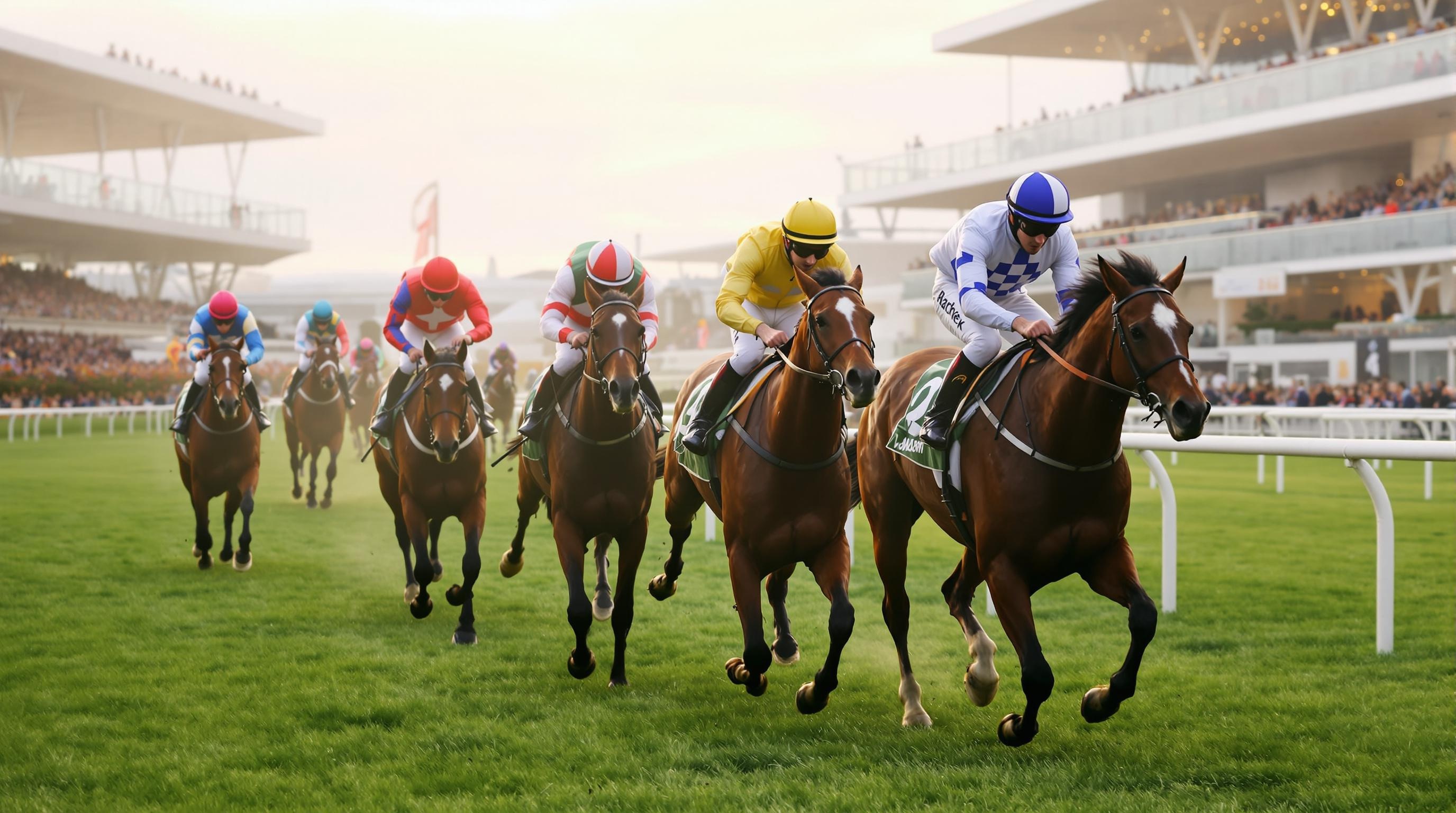BHA issues urgent call to arms to ‘axe the racing tax’ over fears of £66 million hit to the sport’s finances
The British Horseracing Authority (BHA) has made an urgent plea to counter proposed tax changes that could severely impact the UK horse racing industry. The BHA warns these changes might result in a potential £66 million hit to the sport’s already fragile finances.
- BHA calls for unified action against proposed tax changes.
- Proposals could raise horserace betting taxes to 21%.
- Potential losses threaten 85,000 jobs in the racing industry.
- BHA encourages lobbying of MPs before the Autumn Budget.
BHA’s Concerns Over Proposed Tax Changes
The BHA’s warning came after the government revealed plans to align taxes on horserace betting with those on fixed-odds gambling, increasing the rate from 15% to 21%. The BHA cautions that this move could have profound implications for the sport by drastically affecting the revenues that fund it. This tax harmonization was part of a strategic review of gambling duties.

Impact on Jobs and Local Economies
The threat of such a financial blow brings severe consequences. With approximately 85,000 jobs tied to the horse racing industry, the BHA highlights the risk of job losses. These include stable staff positions and further affect the local economies that depend on the sport. Reduced prize money and diminished income are immediate concerns if the proposals take effect.
Call for Countrywide Action Against Tax Proposals
The BHA is not just emphasizing economic risks; they are asking for mobilization from all involved in British racing. They recommend lobbying MPs to argue against these proposals before the Autumn Budget. This call is part of a larger coordinated effort and includes input from MPs and the All-Party Parliamentary Group for Racing and Bloodstock. They are also leveraging public sentiment with the #AxeTheRacingTax campaign on social media.

The Historical Context and Economic Significance
The BHA draws on historical tax debates, such as those in the 1920s, to stress their point. They argue that horse racing has always deserved preferential tax treatment due to its cultural significance in the UK. The sport contributes over £4 billion to the nation’s economy, underscoring the stakes involved.
As the horse racing community braces for this challenge, the BHA’s strategic call to arms aims for a unified rallying cry. Their analysis shows that even minor tax increases could lead to significant losses, making this campaign pivotal to safeguarding the future of UK horse racing.


